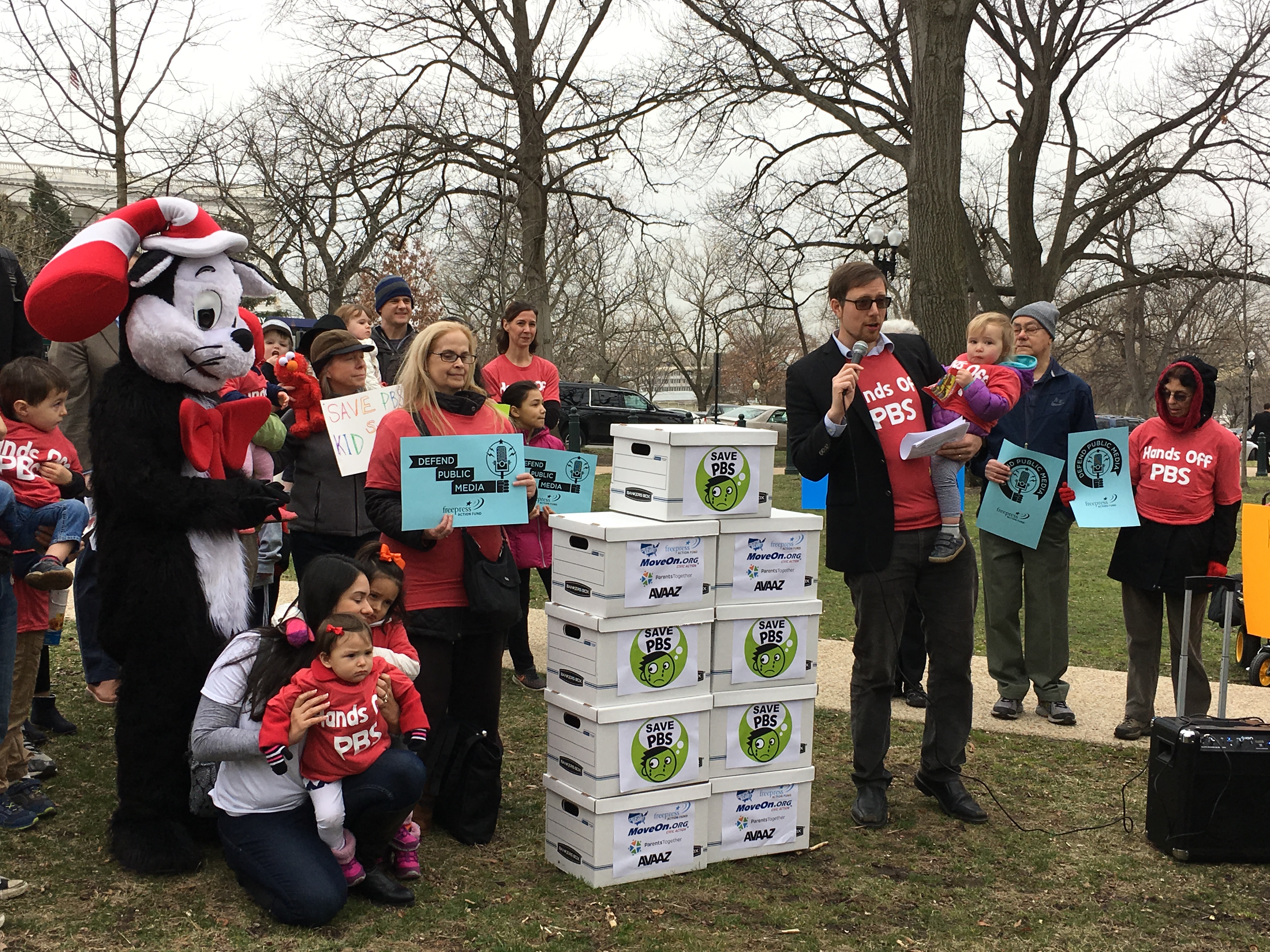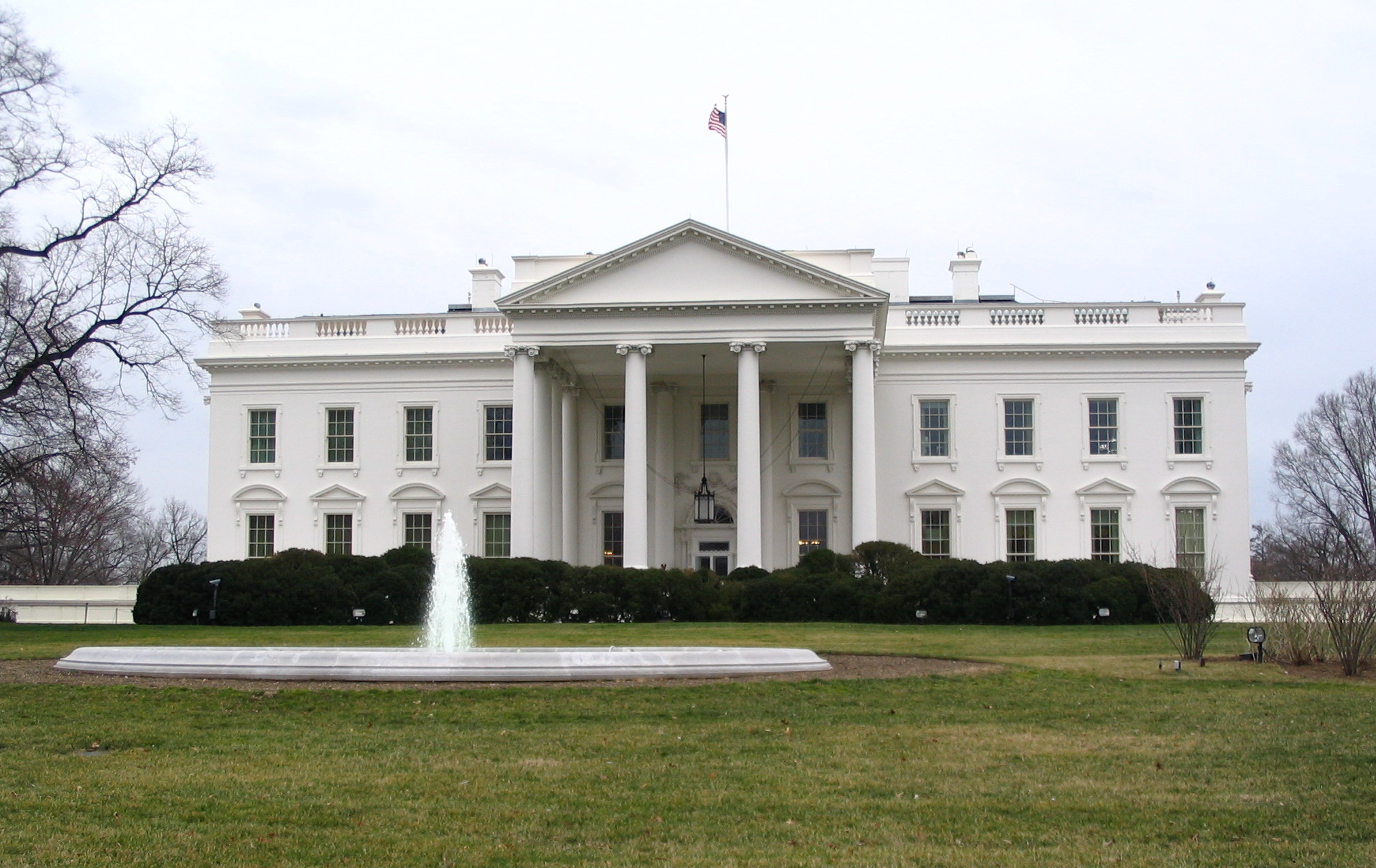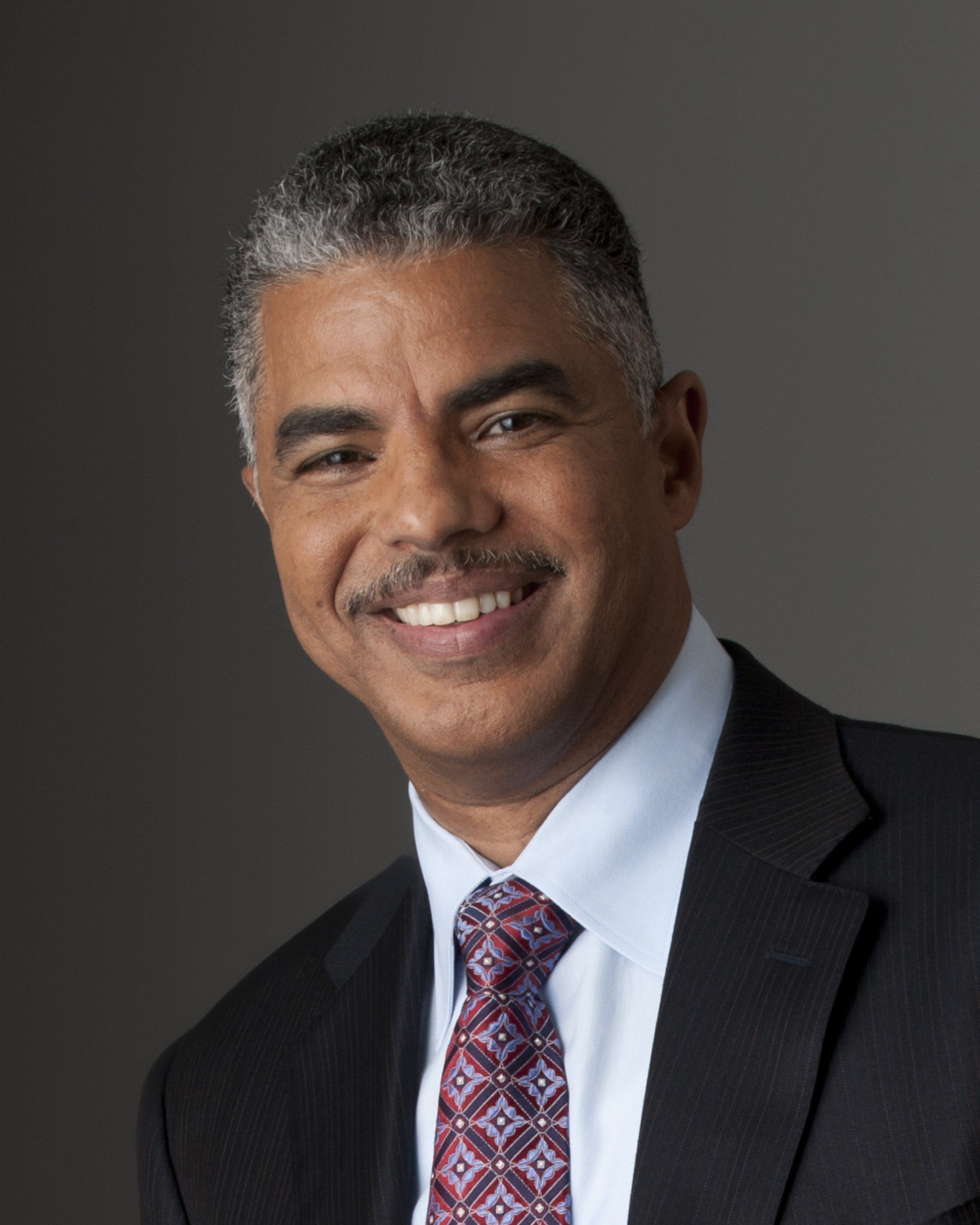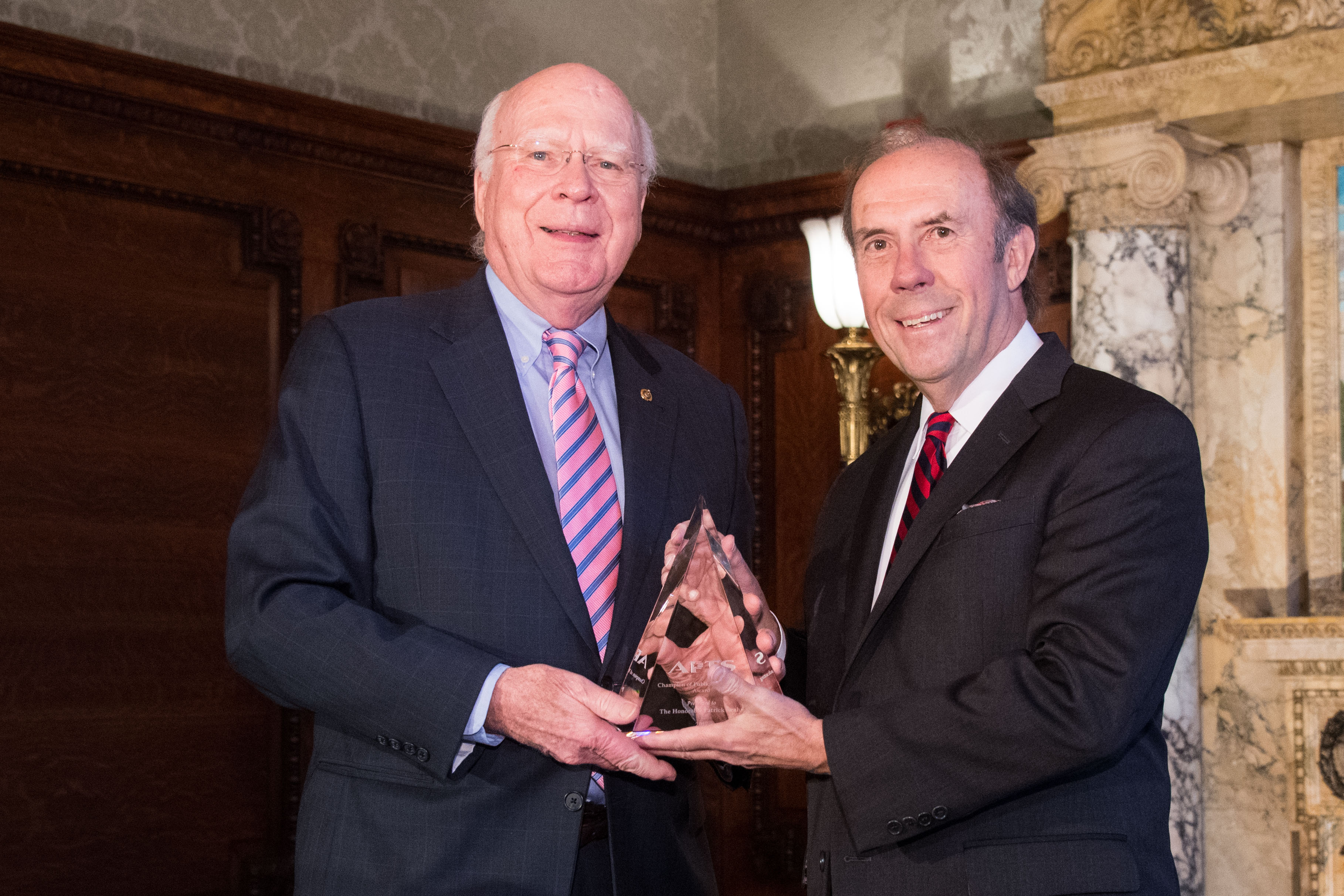System/Policy
Budget stalemate in Illinois clouds revenue future for public broadcasters
University licensees are doubly vulnerable to cuts.Fans of PBS Kids gather on Capitol Hill to voice support for federal funding
Organizers delivered petitions to members of Congress, bearing 660,000 signatures gathered online to save CPB funding.CPB says Trump budget will aim to rescind FY2018 appropriation
Future appropriations are also at risk.Pubcasters maintain opposition to looser third-party fundraising rules as FCC leadership changes
A long-pending proposal would allow noncommercial stations to devote up to 1 percent of their annual air time to raising funds for ...Trump budget seeks to zero out CPB funding by 2018
“The policy is, we're ending federal involvement with the Corporation for Public Broadcasting,” said Office of Management and Budget Director Mick Mulvaney.CPB study aims to map stations’ equipment needs, shape strategies for upgrades
CPB and Eagle Hill Consulting are asking all local stations — radio, TV and joint licensees — to complete the assessment by ...Threatening and threatened, voices of women have defined public radio
From its origins, NPR emphasized contributions from women at a time when they were rarely heard in positions of authority in broadcasting.Facing loss of state funding, West Virginia Public Broadcasting plans for layoffs
WVPB estimates it will need to lay off 15 full-time staffers by the end of the month.Miami school district drops push to manage WLRN newsroom
A controversial proposal to restructure the station is reportedly off the table.WPBO in Ohio goes for $8.8M in spectrum auction
Licensee Ohio State University is giving all proceeds to its WOSU in Columbus.NPR adds training role for head of diversity Keith Woods
The network created an executive role for its training division to demonstrate that its “commitment to training is absolutely essential.”White House cancels Obama nominations for CPB Board, FCC
The White House has not contacted CPB about any new nominations.APTS honors Sens. Blunt, Leahy as champions of public broadcasting
APTS also recognized two executives working within public media.North Carolina radio station to launch all-news network
WCQS is also rebranding as Blue Ridge Public Radio.As spectrum auction winds down, some public TV stations must plan moves to new channels
State networks in Maryland and Mississippi are among those facing big engineering projects.










